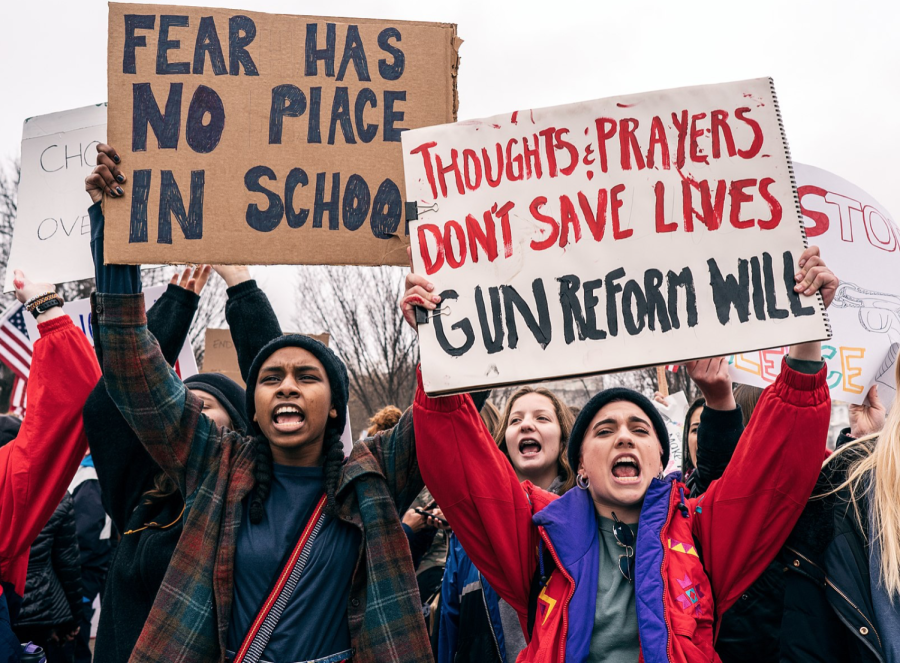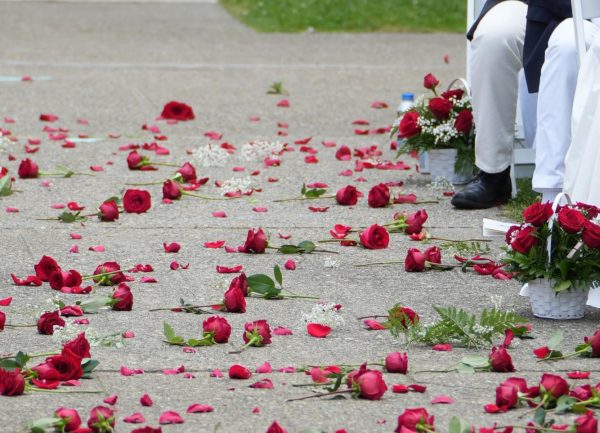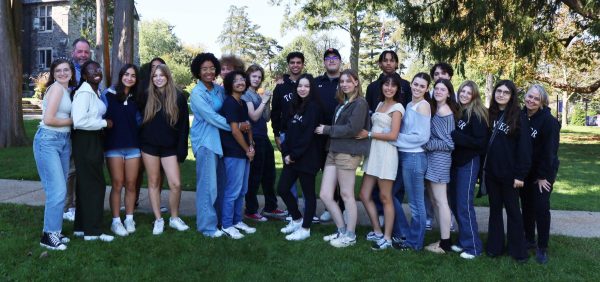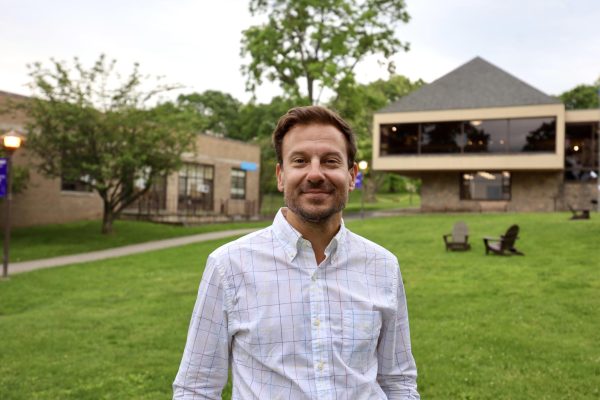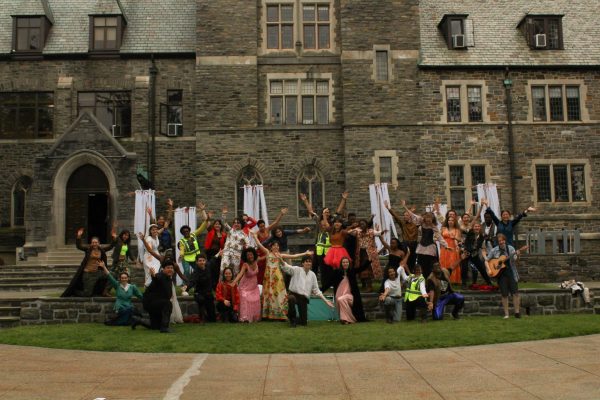College gun violence: seniors approach their next journey with caution
This was a an organized gun violence protest that took place in 2018. On March 14th, a school walkout was organized, which was called “The March for our Lives.” Photo by Lorie Shaull, CC BY-SA 2.0. No changes were made.
March 27, 2023
With a new year should come a fresh start, but instead the public is reminded of a tragedy our world continues to face: gun violence. It is March of 2023 and there have been over 70 mass shootings in places including but not limited to gas stations, parades, colleges and schools. Normal life grinds to a halt for those who are scared for themselves or their loved ones. For a prospective college student, being far away can start to feel daunting as teenagers become afraid that they will become the unlucky victims of a gunman’s rage.
Campus gun violence is rare in the United States, but gun violence is not. There have been nine mass college campus shootings since 1966, but this only takes into account where four or more people have been killed. As seniors start to mentally prepare to move away from their friends and families next year, they must continue to worry about their safety. This includes safety protocols that the colleges implement, as well as mental health resources for students. The recent shooting that took place at Michigan State University, which killed three people and injured five others, is only one example. It’s unclear why the perpetrator targeted Michigan State because he took his own life right after the shooting.
The most deadly spree shooting that has occured since 1966 was in 2007 at Virginia Polytechnic Institute, where 32 people ranging in age from 18 to 76 were shot and killed. The school still holds annual remembrance rituals, such as three mile runs, a candle ceremony and wreath laying to honor the lives that were taken.
“A college is basically your home, and I’ll be staying on campus the whole time, so for anybody, having your home disrupted in such a violent way, is terrifying to think about. Especially, because of the aftermath and not feeling safe in your community. — Ashleigh Woodruff
Claress Bahamundi, a senior and co-president of Mental Health at Masters, talked about how daunting it is to go off to college in the state that our world is in. “When I go off to college it is something that is definitely going to be on my mind. I always feel anxious in crowded spaces, and I know that being far away from home is going to exaggerate that fear,” she said. Bahamundi takes into consideration the college safety protocols in order to ensure that if an act of gun violence did occur, the university would be well prepared to protect its students and faculty.
“It’s important that colleges teach their students what to do in the worst-case scenario, as well as implementing new procedures that push for better student safety. Considering the fact that gun violence is a possibility means that it should be addressed the impact it can have emotionally on students as well,” Bahamundi said.
The perpetrator of the incidents on college campuses normally have a connection to the school, typically because they attended that university or they are a teacher. For example, a biology teacher, who previously had a history of violence, killed three people and injured three others after being rejected for tenure. The shooters also tend to be men who communicate that they are planning to attack, whether that be through social media or said directly to acquaintances.
This is why it is imperative to know the warning signs of violence, so if portrayed, friends or family can report that person. Some examples are always being alone, bullying, self- harm, access to weapons, and withdrawing from those around them. These signs can help save the lives of multiple people, as they are typically expressed before a tragic incident.
Ashleigh Woodruff, a senior who is committed to Stony Brook University, is vigilant about what can occur, and has talked to family about what to do in certain situations. “My family and friends always tell me to travel in pairs, but most of the advice about gun violence I receive from school systems, and the administration around me, is to stay hidden. ” she said.
Stony Brook sent an email inviting their future and current students to a webinar so they could learn their security systems, which help with safety and security on campus. For example, they have an SP alert broadcast system that tells the community of a potential threat and emergency situations.
But even with the protective methods, it is still a scary thought for Woodruff. “A college is basically your home, and I’ll be staying on campus the whole time, so for anybody, having your home disrupted in such a violent way, is terrifying to think about. Especially, because of the aftermath and not feeling safe in your community,” she said.



